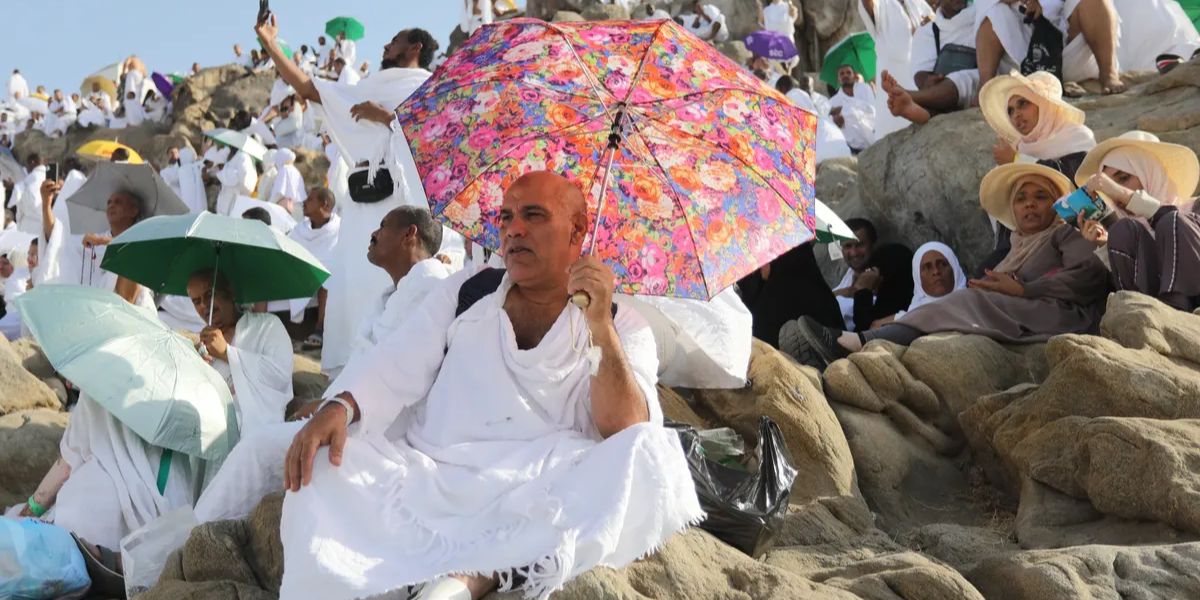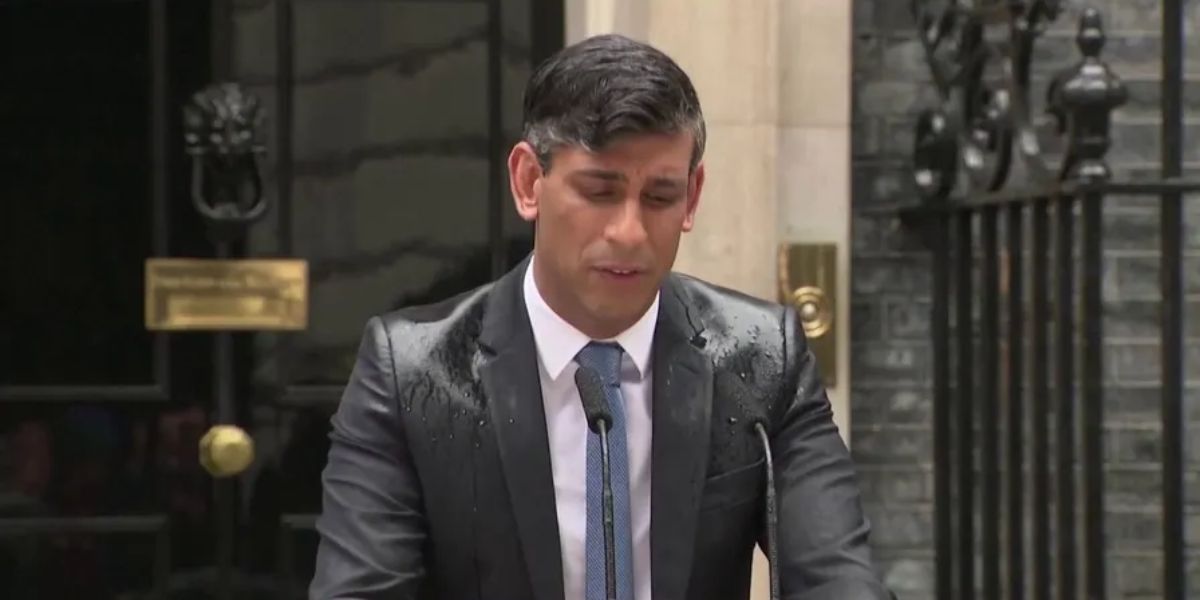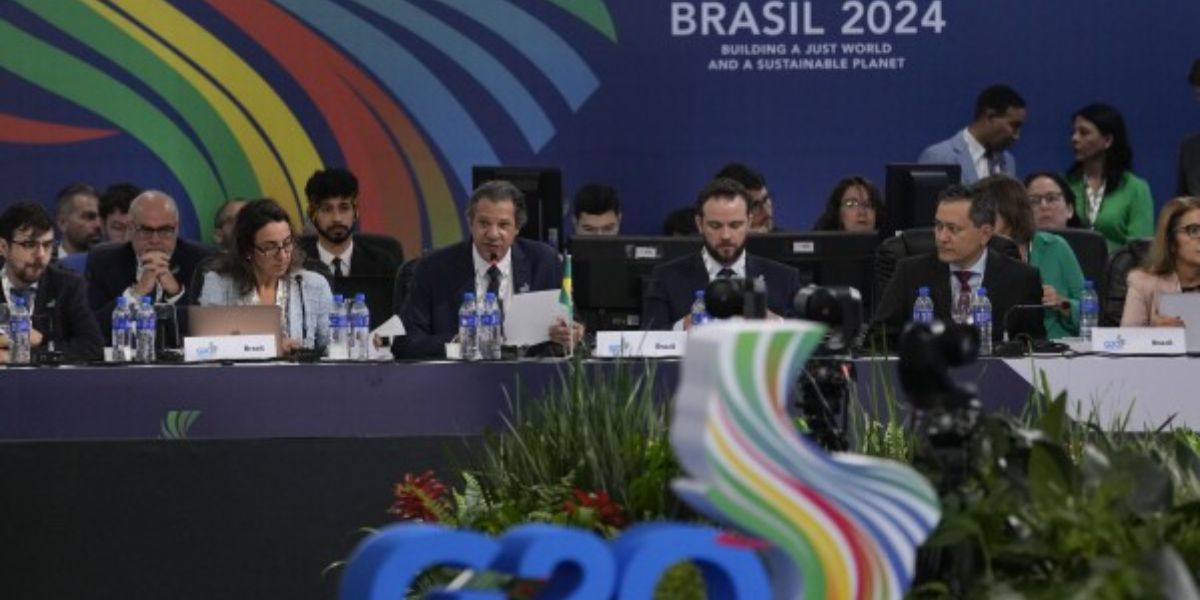Officials from Saudi Arabia have warned that temperatures at the annual gathering could reach 48 degrees Celsius (118 degrees Fahrenheit) this year, which has led to six deaths from heatstroke during the Hajj trip to Mecca.
The Jordanian foreign ministry announced on Saturday that all six of the deceased were citizens of Jordan and that it was working with Saudi officials in Jeddah to arrange for the funerals and the return of the bodies to Jordan.
The primary event of the pilgrimage, the gathering atop Mount Arafat on Saturday, coincided with the announcement of the deaths. One of the deceased’s nieces revealed that her aunt passed away on the mountain and was interred in Saudi Arabia.
It is anticipated that Saudi Arabia would endure intense heat during the five-day pilgrimage this year, with Mecca projected to hit 48 degrees Celsius (118 degrees Fahrenheit).
According to Muhammad Al-Abdulaali, a spokesman for the ministry of health, Hajj organizers are advising pilgrims to bring umbrellas and drink plenty of water due to the extreme weather, as reported by the official news agency SPA.
In addition, the Saudi army has sent out around 1,600 personnel, including 30 fast response teams and medical units dedicated to treating heatstroke. There are an additional 5,000 volunteers providing health and first aid.
More over 4,000 pilgrims were part of Jordan’s official delegation this year, according to earlier reports.
The six who passed away, according to the foreign ministry, were not a part of the “official delegation,” which meant they lacked the necessary Hajj permits to make the pilgrimage.
Read Also: Ukraine Rejects Putin’s Truce Offer to Abandon NATO Bid and Russian-Claimed Territories
Several intricate rituals are performed throughout the journey, such as the symbolic stoning of evil, a counterclockwise circular procession around the Kaaba, and the wearing of a unique robe signifying human equality and unity before God.
Once the journey is over, a person’s name can be modified to include al-Hajj or hajji (pilgrim).
The world’s largest oil producer, Saudi Arabia, has spent billions of dollars upgrading Hajj pilgrims’ accommodations, transportation, and technological infrastructure during the last ten years.




